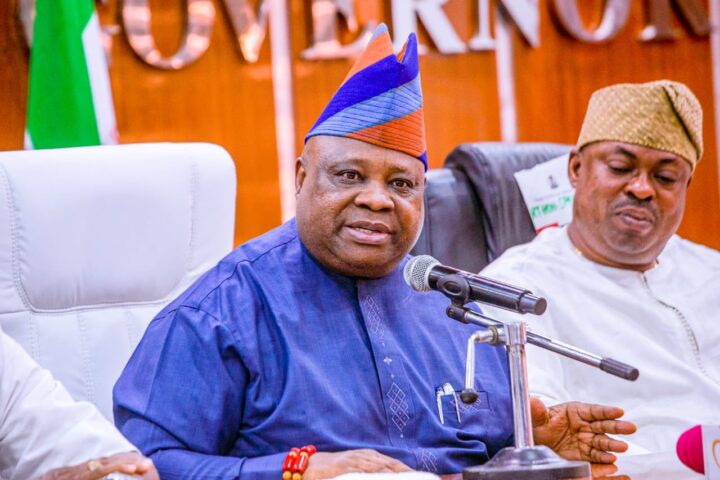
The recently held 2023 Nigerian presidential and National Assembly polls have been criticized as “badly flawed” by the Financial Times of London. The newspaper lambasted the Independent National Electoral Commission (INEC) for their mismanagement of the election, advising the courts to take a closer look at the emergence of the President-elect, Mr. Bola Tinubu, should his victory be challenged by his opponents.
The London-based publication declared that Tinubu’s tally of 8.8 million votes in a country of 220 million people gave him the weakest of mandates. It warned that Nigeria has been teetering on the edge of catastrophe with a breakdown of security and an almost total absence of growth, which Tinubu would be tasked with fixing.
INEC had declared Tinubu, the presidential candidate of the ruling All Progress Congress (APC), the winner of the election early Wednesday morning and issued him a certificate of return later that afternoon. The chairman of INEC, Prof. Mahmud Yakubu, stated that Tinubu polled a total of 8,794,726 million votes to defeat his closest challengers, Atiku Abubakar of the Peoples Democratic Party (PDP), Peter Obi of the Labour Party (LP), and Rabiu Kwankwaso of the New Nigeria Peoples Party (NNPP).
The Financial Times argued that all that Nigeria needed was a clean election to reiterate the basic message of democracy, which didn’t happen. It posited that the emergence of Obi as a viable third-party candidate had brought excitement and forced candidates to talk about policies, if only a little. However, the presidential election failed to set the example needed for West Africa, where too many national leaders have extended term limits or resorted to seizing power at gunpoint.
According to the paper, neutral observers had high expectations that the electoral umpire’s promise to transmit voting tallies electronically from polling stations would eliminate ballot stuffing, but the INEC badly misfired. The voting started late in many districts, depriving millions of their right to vote. The system to upload results from 177,000 polling stations stuttered, causing legitimate concerns of vote tampering during long delays. Violence was also reported, with party goons invading many polling stations in what appeared to be blatant acts of intimidation.
The London-based media outlet stated that some individual results did not pass the smell test, including Obi’s ever-so-narrow victory in Lagos state, where crowds had greeted him like a rock star. Voter turnout was also pitifully low at 27%, with only 25 million votes cast out of the 87 million people who had registered to vote. The paper concluded that Tinubu’s tally of 8.8 million votes gave him the weakest of mandates.
The Financial Times advised that Obi and Atiku must now decide whether to pursue their claims of rigging in court, and if they do, Nigeria’s judiciary should take a long hard look at their case. It recalled that the courts in Kenya in 2017 and Malawi in 2020 had overturned suspect elections, maintaining that if Nigeria’s courts find suspicions, they should not shrink from annulling individual contests or even the whole result.
The paper advised that the next president must quickly remove the ruinously expensive fuel subsidy and rationalize the exchange rate system. It also advised that the security agencies, specifically the army and police, which are riddled with ineptitude and corruption, need urgent reform, and that Tinubu must name a cabinet of independent, competent, and honest ministers. The publication added that “Even Nigerians who did not vote for him will hope…”





